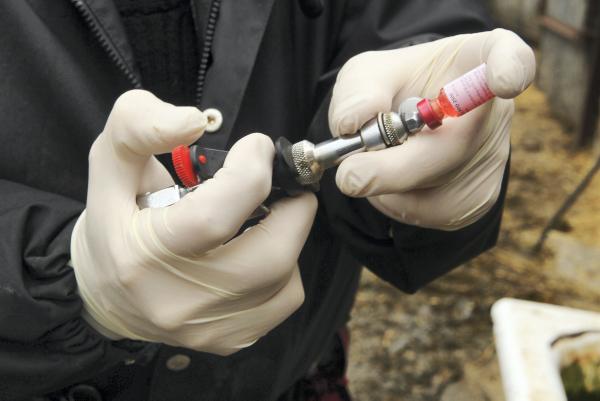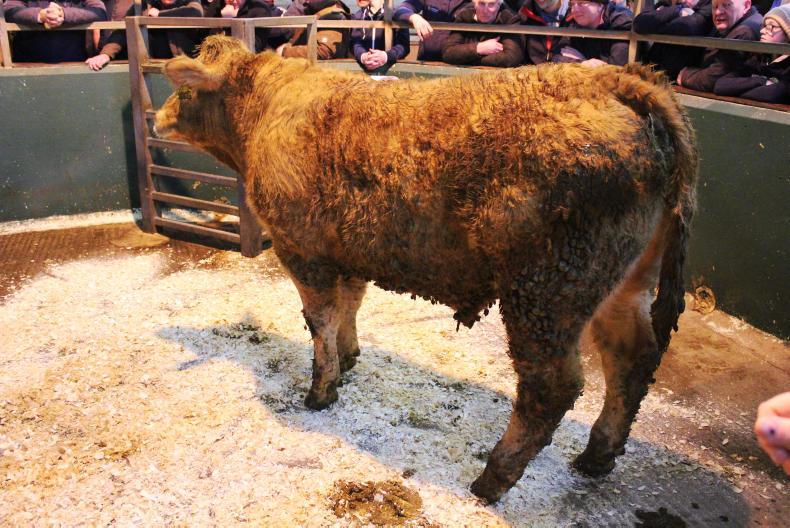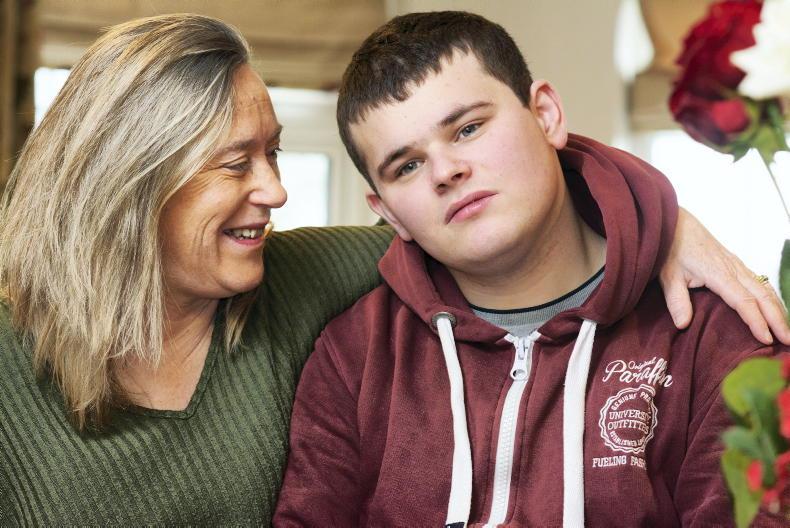The latest disease statistics from DAERA, relating to April 2017, highlight some small improvements in rates of bovine TB.
During the month, a total of 1,224 animals were removed as reactors off NI farms, the lowest monthly total since September 2016. However, that comes after a winter period when rates of bovine TB were the highest seen in NI for approximately 14 years.
Also, while the number of new reactor herds fell in April 2017, the total of 197 is still ahead of the figure recorded in February of this year. It means there is little room for complacency at present. In fact, the latest reports from farmers across NI would suggest that rates of disease have remained high moving into the summer.
However, across the first four months of 2017, herd incidence (the number of new reactor herds as a proportion of the total undertaking testing), was at 6.39%, down from 7.45% in 2016.
Looking at rates of disease in different parts of NI, the lowest incidence is in the northwest. Only three herds in the Derry area had reactors in April 2017. The next lowest was Mallusk at 16. However, Ballymena, Dungannon, Armagh, Enniskillen, Newtownards and Newry all saw significant increases in TB rates in 2016. So far in 2017, both Ballymena and Newtownards Divisional Veterinary Offices have recorded the highest disease incidence, over 8% in both cases.
Pedigree Cattle Trust
Meanwhile, representatives of the newly formed Pedigree Cattle Trust have met DAERA officials to discuss ongoing concerns around bovine TB.
Speaking to the Irish Farmers Journal, Portadown solicitor Brian Walker said that there was general agreement on the best way forward to tackle the disease. However, he maintained that some local pedigree breeders are now finding that customers in Scotland and parts of England are reluctant to buy NI bred cattle out of fear of getting the disease.
Also, some breeders are now keeping cattle housed year round to minimise contact with wildlife.
While the TB Strategic Partnership Group, which reported in December 2016, recommended a cull of badgers in TB hotspot areas, nothing much has happened since, given the ongoing political impasse at Stormont.
“TB in wildlife is out of control. Farmers are at their wits end. The failure to tackle the disease in wildlife is clearly the fault of politicians, not DAERA. At this rate, nothing will happen until 2019,” said Walker.
During the meeting with the Department, he also pressed officials on the need for a person nominated by the Trust to have a seat on a new partnership board. “It needs fresh people, with fresh thinking,” he said.










SHARING OPTIONS